On May 25 Africa Day is celebrated with various initiatives around the world.
In the Africa day we share some initiatives and articles about African history and culture.
What is Africa Day
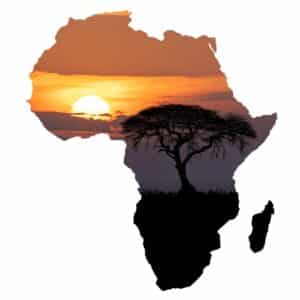
Africa Day has been celebrated on May 25 since 1963.
It is the annual commemoration of the foundation of the Organization of African Unity (OAU), today known as the African Union, on May 25, 1963.
In the Africa day events and debates are held in African countries and around the world, especially in countries that make up the African Diaspora.
Just a few initiatives
- UNESCO promotes Africa Week is an annual event promoted by the Permanent African Delegations to UNESCO that aims to increase the visibility of Africa by highlighting the diversity of its cultural and artistic heritage.

- The Brazil-Africa: Crossed Stories program aims to promote recognition of the importance of the intersection of African history and culture with Brazilian history and culture in order to transform relations between the various ethno-racial groups that make up the country.
- We also highlight activities linked to the theme Africa “Cradle of Humankind” with activities to celebrate African culture, but also to raise the awareness of the African community present in Portuguese Universities to the issues of interculturalism and multiculturalism, among others.
We also highlight the article published in the Citaliarestauro.com blog "to talk about African art is to return to the origins of humanity..." by Manuela Tenreiro.
More articles about Africa on Citaliarestauro.com’s blog
The UN Message on Africa Day
Image: WFP/Nyani Quamyne – The World Food Programme’s school food initiative is improving the nutrition of school children and boosting local economies. Source: News, United Nations
Africa is a home for hope. On Africa Day, we celebrate the enormous promise and potential of this diverse and dynamic continent.
The prospects on the horizon are bright – from Africa’s growing and vibrant youth population, to initiatives like the African Continental Free Trade Area, the Decade of Women’s Financial and Economic Inclusion, and the African Union’s bold vision for the future, Agenda 2063. But today, we are also reminded of the multiple challenges preventing Africa from reaching its full potential – including the COVID 19 pandemic and its devastating impact on African economies, climate change, unresolved conflicts, and a severe food crisis. To compound all this, the war in Ukraine is creating a perfect storm for developing countries, especially in Africa. This crisis is resulting in soaring costs for food, energy and fertilizer with devastating consequences on nutrition and food systems, while making it even more difficult for the continent to mobilize the financial resources needed to invest in its people. The African Union has designated 2022 as the Year of Nutrition. On this year’s Africa Day, the world must join together in solidarity with all Africans to strengthen food security, and put nutrition within reach of every person. We must also intensify our efforts to end the pandemic, reform the global financial system, stop climate change and silence the guns across all conflicts. The United Nations will continue standing proudly with Africans as we work to deliver on the promise of a prosperous and peaceful Africa for all.
Africa’s Cultural Heritage
On this Africa Day we want to highlight the enormous richness of the African cultural heritage that is reflected both in the heritage present in the countries of Africa and in the various continents of the African Diaspora.
As we have already mentioned in other articles, “cultural heritage manifests itself when we think about safeguarding it.
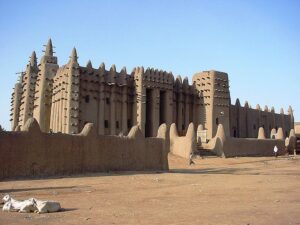
The Great Mosque of Djenné, Mali
On the UNESCO World Heritage List – one of the most important heritage protection and promotion mechanisms – sites, monuments and intangible heritage manifestations of Africa are under-represented in relation to their enormous frequency and richness.
According to UNESCO itself this disproportion is due to the complexity of the application processes that have to be promoted by the countries themselves. Thus depending on the means and/or political will.
African art – from rock art to modern era
Online course with international certificate
The history of art in Africa takes us back to the origins of humanity, the cradle of civilization, the first signs of human cognition, of interacting with the material world and creating visual symbols that represent and interpret them.
During the course, you will learn about the history of African art , starting with rock art and those that are considered the first artistic manifestations of humanity until modern era and the influence of African art in European avant-garde artistic movements.

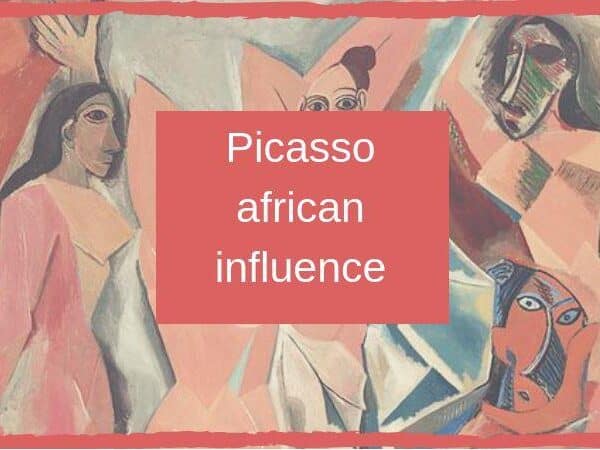
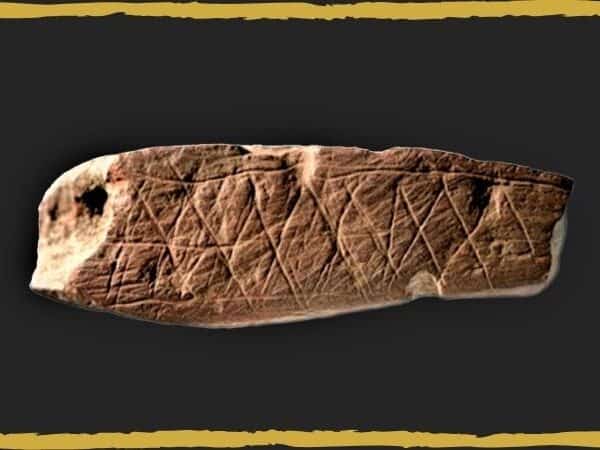
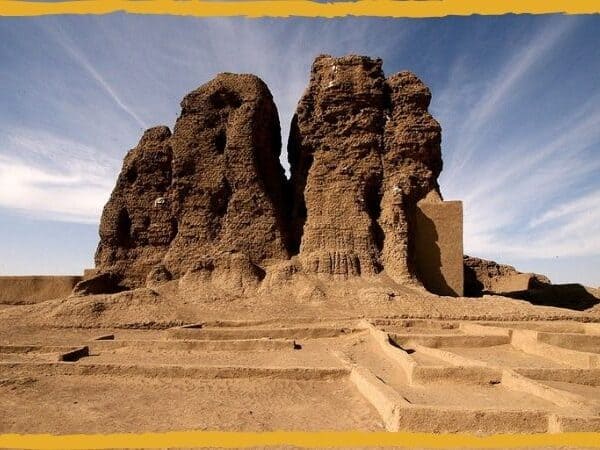
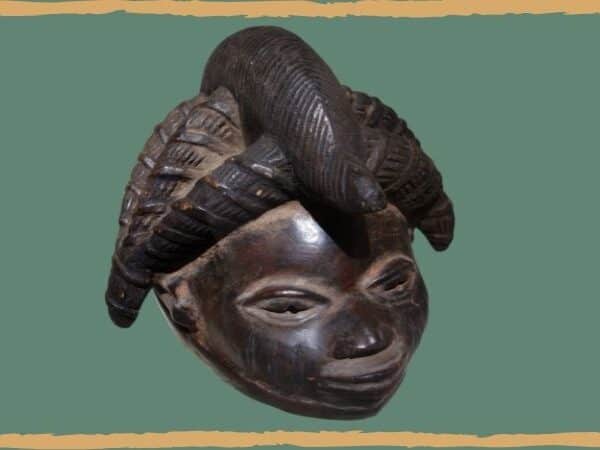
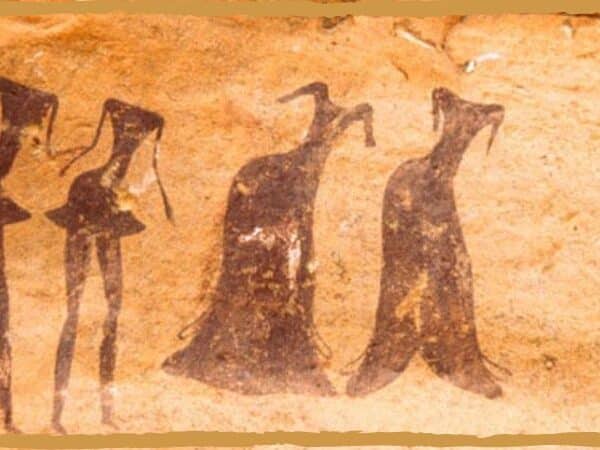
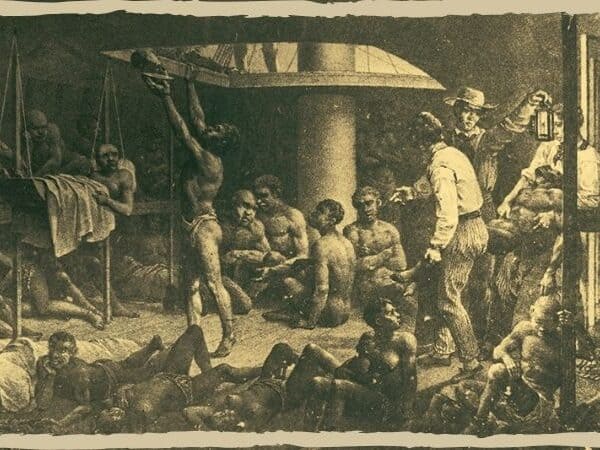
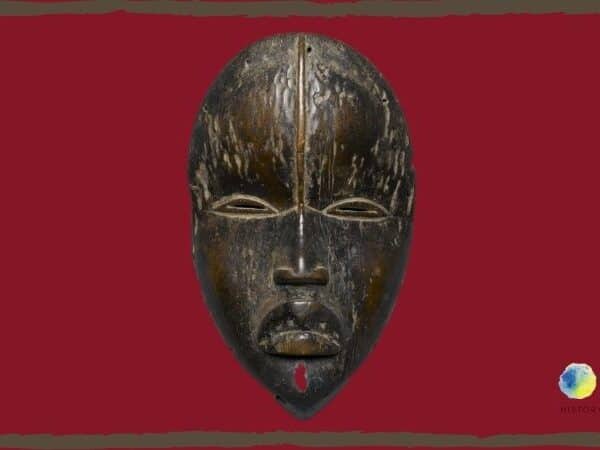
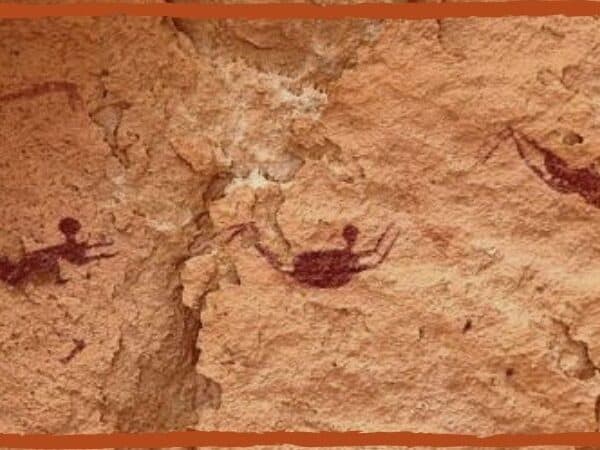
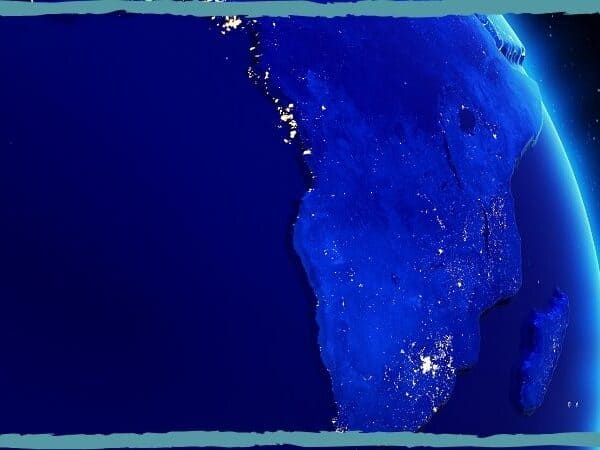
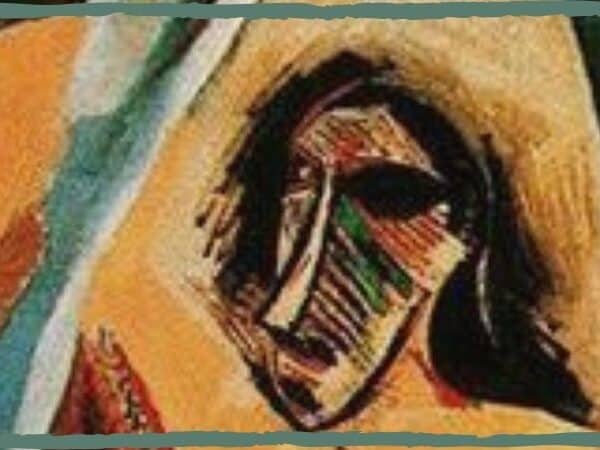

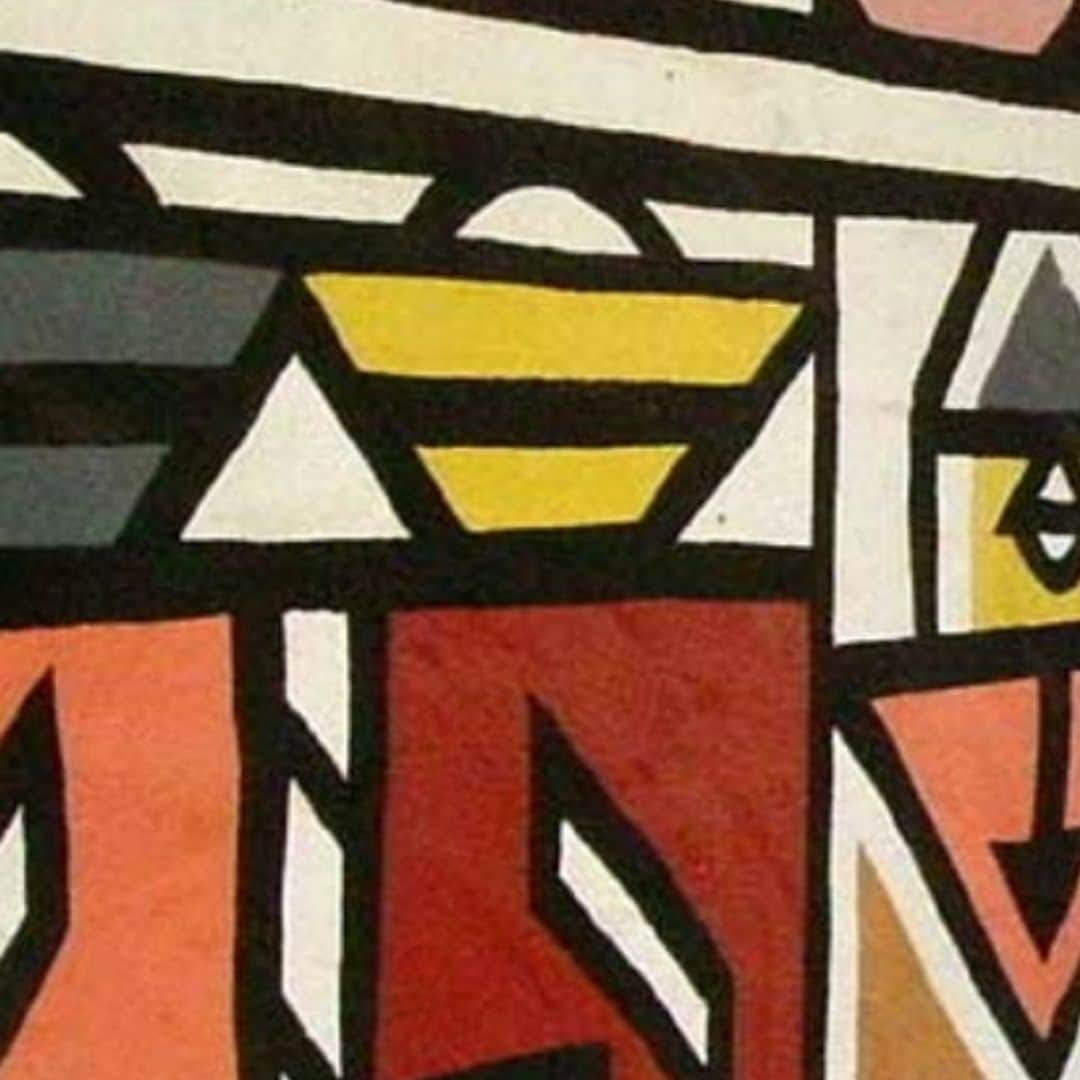
1 Comment.
I really enjoy looking through on this internet site, it holds good posts.